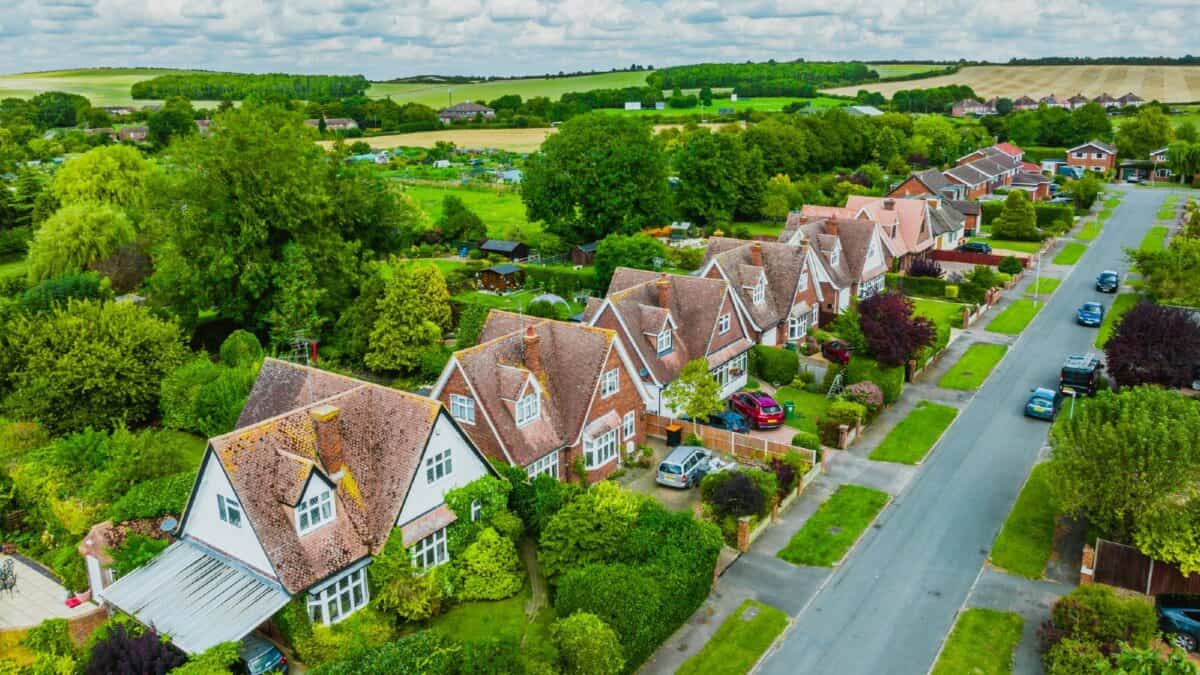For a lot of investors, owning property has been a great way of earning a second income. And I think it still can be going forward.
Demand for buy-to-let mortgages in the UK has fallen sharply recently. But there’s more than one way to make money by leasing real estate.
Buy-to-let
Attempting to earn a second income by buying a property to let with £25,000 is challenging for all sorts of reasons. With the average house in July selling for £266,334, the first is property prices.
Should you invest £1,000 in AstraZeneca right now?
When investing expert Mark Rogers has a stock tip, it can pay to listen. After all, the flagship Motley Fool Share Advisor newsletter he has run for nearly a decade has provided thousands of paying members with top stock recommendations from the UK and US markets. And right now, Mark thinks there are 6 standout stocks that investors should consider buying. Want to see if AstraZeneca made the list?
On average, a buy-to-let mortgage needs a deposit of between 20% and 25% of the overall purchase price. So the opportunities with £25,000 are immediately limited, but this isn’t the biggest issue.
According to NatWest, the average rental yield in the UK is in the range of 5% — 8%. With buy-to-let mortgages having interest rates of around 5.5%, the likely investment return isn’t that impressive.
That’s before we get into the effort of maintaining the property, finding tenants, and managing contracts. Given all this, it’s probably no wonder demand for buy-to-let mortgages is in decline.
REITs
There is, however, an alternative – real estate investment trusts (REITs) are companies that lease properties to tenants. These, in my view, are a much better way of earning a second income.
Investors can buy shares in a REIT with as little as £1. That means there’s no need for a mortgage, removing both the accessibility issue and the cost of interest on the loan.
There are also other benefits. Real estate investment trusts can own a diversified portfolio of properties, which helps limit the effect of a problem with any individual tenant.
One of the things that makes REITs distinctive is the requirement that they distribute 90% of the rental income they generate as dividends. This can make them a great source of passive income.
Please note that tax treatment depends on the individual circumstances of each client and may be subject to change in future. The content in this article is provided for information purposes only. It is not intended to be, neither does it constitute, any form of tax advice.
A UK housing opportunity
The PRS REIT (LSE:PRSR) is a UK REIT that owns a portfolio of UK houses. With 5,396 houses under its management, the risk to the overall portfolio of a tenant defaulting is relatively limited.
REITs don’t remove all risks, though. With the new government looking to increase construction output, there’s a chance an increased housing supply could weigh on the ability to increase rents.
Right now, though, the stock comes with a 4.75% dividend yield. I think that’s better than I could manage by renting out a property after subtracting the costs of a buy-to-let mortgage.
Given the alternatives, I think that return in exchange for buying shares today and then doing nothing is quite attractive. So that’s why I’d look to buy the stock to start earning a second income.
Real estate investing
Rental demand in the UK is still strong, even with higher interest rates causing the buy-to-let market to collapse. I therefore think the UK property sector is still a great place to look for a second income.
Rather than becoming a landlord directly, I’d look to invest through a real estate investment trust. In doing so, I’d hope to generate a better return with less work.








